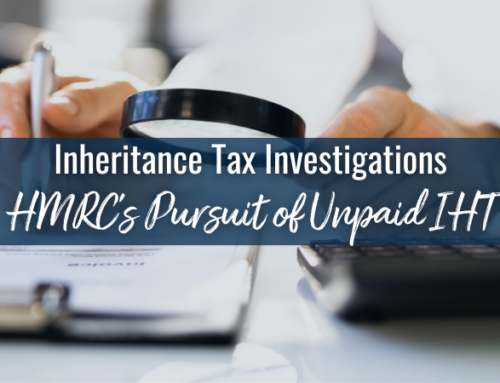Passing money from one generation to the next can be a difficult issue for parents, particularly when it comes to ensuring children are ready to take on the responsibility of handling family wealth. However, while discussions about money can be uncomfortable, the key to instilling financial responsibility undoubtedly centres on education and open communication.
Sooner rather than later
Although each individual family’s dynamics and circumstances will be different, the best course of action is typically to begin the process at an early age. This involves talking to children about a variety of age-appropriate topics in order to initiate and simplify the financial education process.
During their school years, discussions may focus on basic money management skills with reference to pocket money and introducing concepts such as ‘saving’. When studying at university, the emphasis will shift to applying financial concepts such as budgeting and introducing other ideas such as investment principles.
Expanding the scope
Once your children start their careers, they will require more in-depth knowledge and advice on specific issues such as investing, pensions and taxation. Other topics for discussion may include charitable-giving options, as well as mortgages, trusts and wills.
The final phase usually takes place when your children are in their forties and involves preparing them for financial leadership. This is likely to include discussions about the wealth-transfer process and future plans relating to how family assets are to be divided.
Increasing importance
In many ways, today’s young people face greater financial challenges than their parents or grandparents. This increasing burden of financial responsibility inevitably heightens the need to make the transfer of family wealth as smooth and successful as possible.
Clifford Osborne are Independent Financial Advisors (IFA) based in Eastbourne, East Sussex, offering mortgage advice, early retirement advice, pension advice and more. Our clients often come from Uckfield, Lewes, Brighton, Tunbridge Wells, Hastings, Bexhill, Newhaven, Seaford, Crowborough and further afield. Read more mortgage news and other financial advice in our blog.
Please read our VoucherFor reviews here.
The value of investments can go down as well as up and you may not get back the full amount you invested. The past is not a guide to future performance and past performance may not necessarily be repeated.
It is important to take professional advice before making any decision relating to your personal finances. Information within this blog is based on our current understanding of taxation and can be subject to change in future.
It does not provide individual tailored investment advice and is for guidance only. Some rules may vary in different parts of the UK; please ask for details. We cannot assume legal liability for any errors or omissions it might contain. Levels and bases of, and reliefs from, taxation are those currently applying or proposed and are subject to change; their value depends on the individual circumstances of the investor.
The value of investments can go down as well as up and you may not get back the full amount you invested. The past is not a guide to future performance and past performance may not necessarily be repeated.
If you withdraw from an investment in the early years, you may not get back the full amount you invested. Changes in the rates of exchange may have an adverse effect on the value or price of an investment in sterling terms if it is denominated in a foreign currency. Taxation depends on individual circumstances as well as tax law and HMRC practice which can change.
The information contained within the blog is for information purposes only and does not constitute financial advice.
The purpose of the blog is to provide technical and general guidance and should not be interpreted as a personal recommendation or advice.






